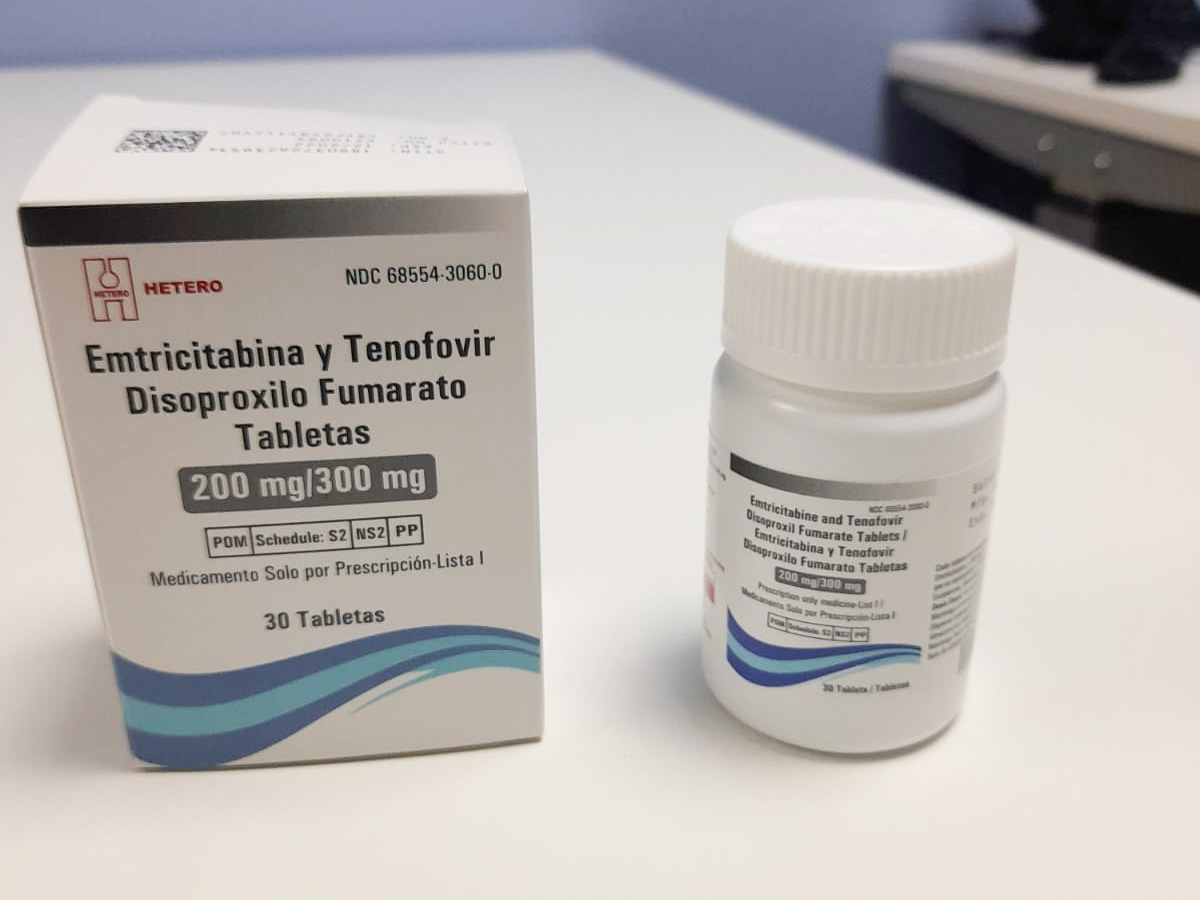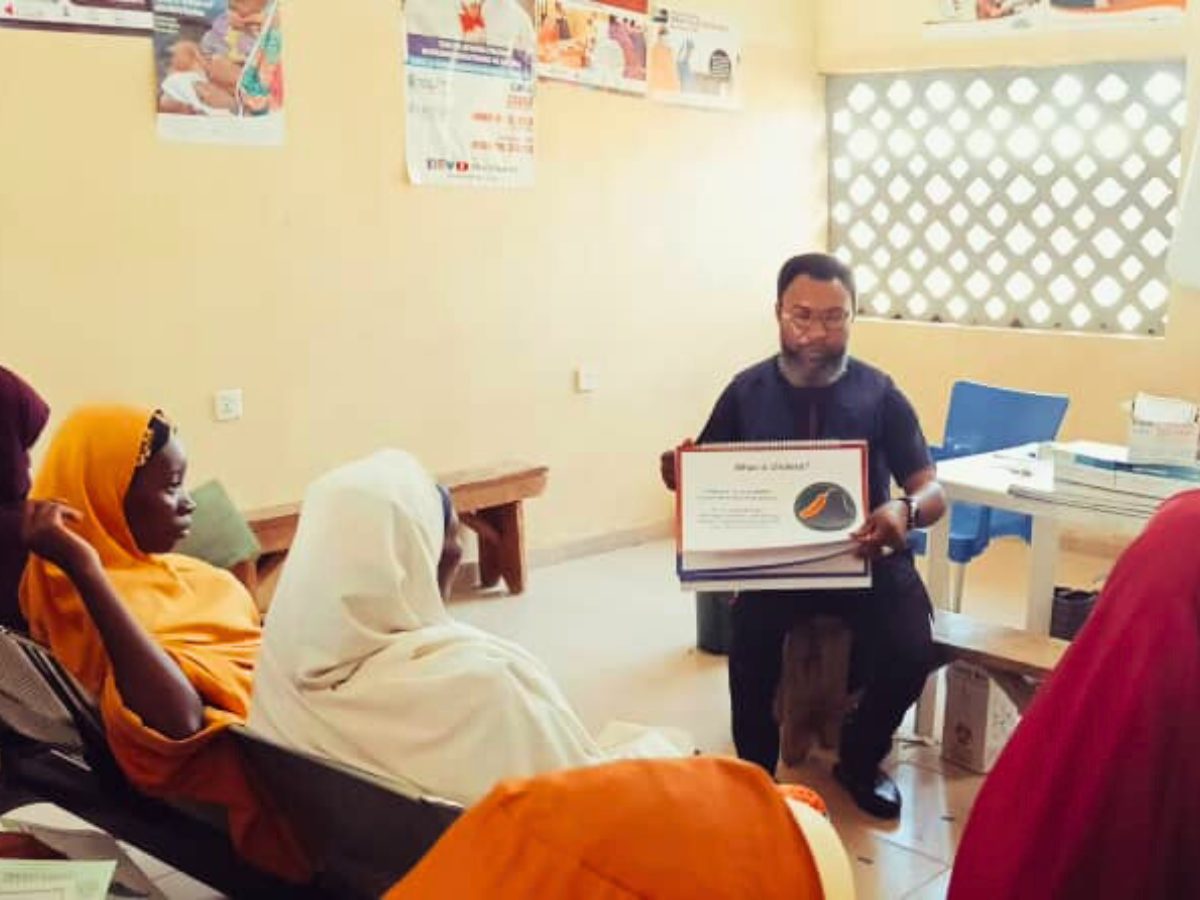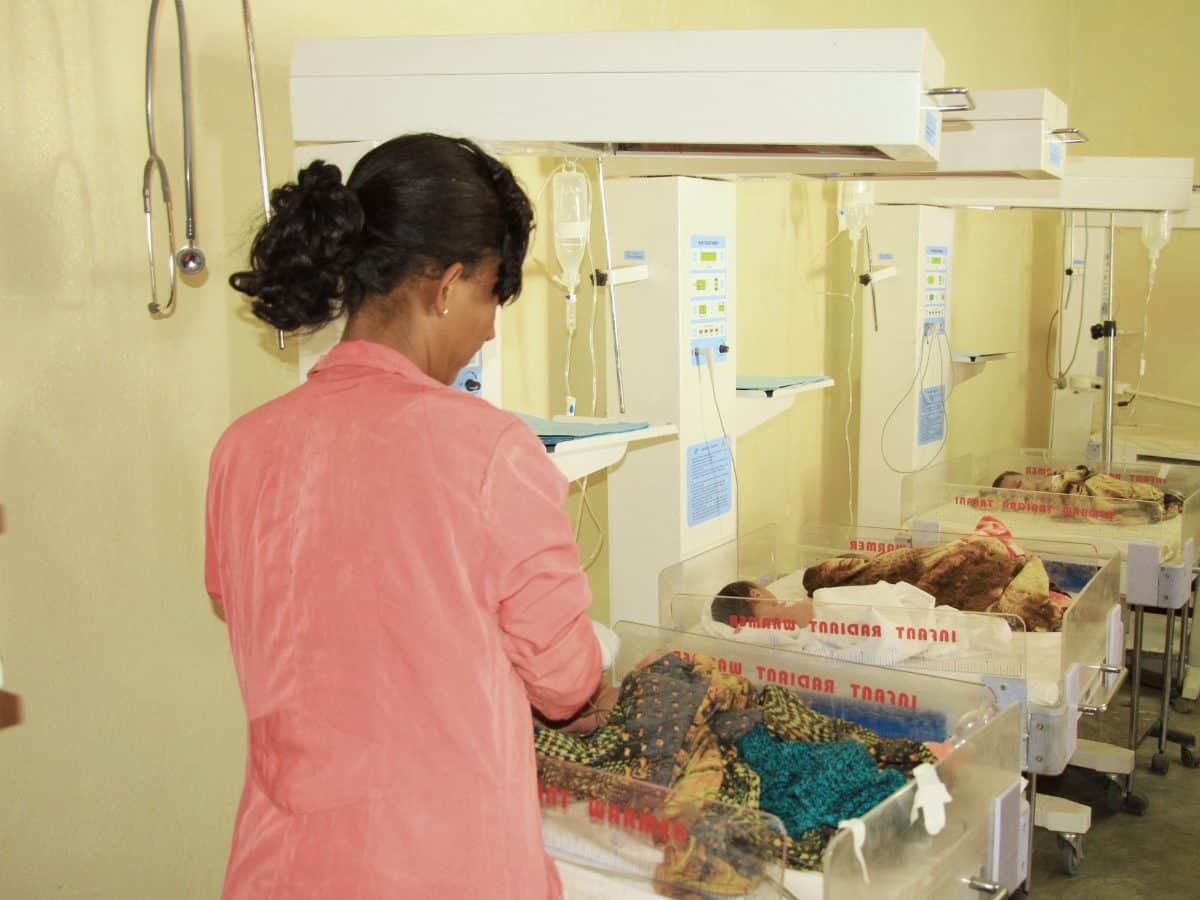ICAP at Columbia University is supporting the introduction of an important new tool to reduce HIV transmission in Guatemala and Panama. For the first time, people at risk for HIV in these Central American countries will have access to pre-exposure prophylaxis (PrEP), a medication that can significantly reduce the possibility of acquiring the virus that causes AIDS.
While rates of HIV are relatively low in Central America compared to many other countries around the world, the virus remains a problem for key populations throughout the region. In Guatemala, for example, 9 percent of men who have sex with men and 22 percent of transgender women are living with HIV.
With support from the U.S. President’s Plan for AIDS Relief (PEPFAR) through the Centers for Disease Control and Prevention (CDC), ICAP began providing technical assistance to NGOs within Guatemala for provision of PrEP beginning in March 2021. Currently, there are 1,200 PrEP users and an estimated 100 new users per month in the Guatemalan clinics supported by ICAP.
“PrEP is a game changer for Guatemala’s HIV epidemic, allowing most at-risk individuals to have options for prevention,” said Ricardo Mendizabal, MPH, ICAP Central America regional director. “Trends in condom use have not changed in the last 5 years; therefore, including more tools and options will help increase adherence.”
People at risk for HIV in Guatemala are gaining access to PrEP in a number of different ways that accommodate a variety of lifestyles, including weekend clinics, mobile clinics, and gender affirming therapy counselling for transgender male and female users.
In December 2021, with ICAP’s support, Guatemala commenced prescription of event-driven-PrEP, or PrEP medication that can be taken before and after sex rather than daily, which constituted the first event-driven PrEP services ever to be delivered in Central America.
“Adaptation of PrEP services based on the needs of each population is important,” Mendizabal added. “The incorporation of event-driven PrEP in Guatemala will increase access for people at risk with not so frequent sex, rather than having many people on daily PrEP shifting to event-driven PrEP.”
ICAP is expanding PrEP promotion throughout the country by leading discussions on national guidelines, as well as collaborating with The Global Fund.
ICAP is also introducing PrEP to Panama for the first time. Like Guatemala, HIV rates remain low throughout Panama; however, 13 percent of men who have sex with men and 30 percent of transgender women are living with HIV. Moreover, one in every four cases of HIV infection among men who have sex with men is a recent infection, a sign that that there are pockets of active transmission where PrEP could make a real difference. Migration is also a contributing factor to elevated rates of HIV infection in the country – in some urban areas, one in every three individuals diagnosed with HIV is a migrant.
ICAP initiated support to Panama by reviewing national PrEP guidelines in March 2021 and began introducing the medication in-country in February 2022 through four clinics with 60 new PrEP users in one day. ICAP has provided support in training clinical staff for management of PrEP, including validation and approval of collection tools and systems, as well as PrEP user education materials.
ICAP is working to introduce PrEP to communities affected by the HIV epidemic around the world. To support this lifesaving work, ICAP has developed a package of tools designed to help health care professionals provide PrEP to appropriate candidates in a safe and effective manner. These tools are available free of charge at: icap.columbia.edu/prep
About ICAP
A major global health organization that has been improving public health in countries around the world for nearly two decades, ICAP works to transform the health of populations through innovation, science, and global collaboration. Based at Columbia Mailman School of Public Health, ICAP has projects in more than 30 countries and is working side-by-side with ministries of health and local governmental, non-governmental, academic, and community partners to confront some of the world’s greatest health challenges. Through evidence-informed programs, meaningful research, tailored technical assistance, effective training and education programs, and rigorous surveillance to measure and evaluate the impact of public health interventions, ICAP aims to realize a global vision of healthy people, empowered communities, and thriving societies. Online at icap.columbia.edu








